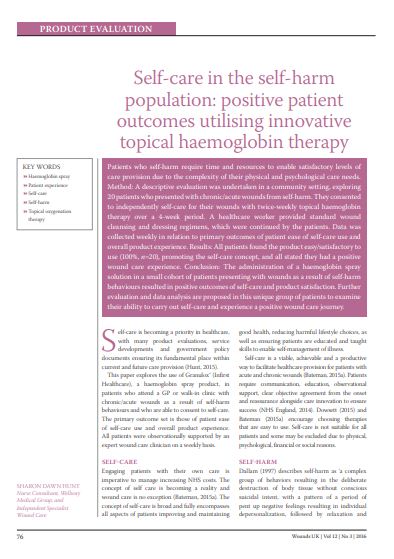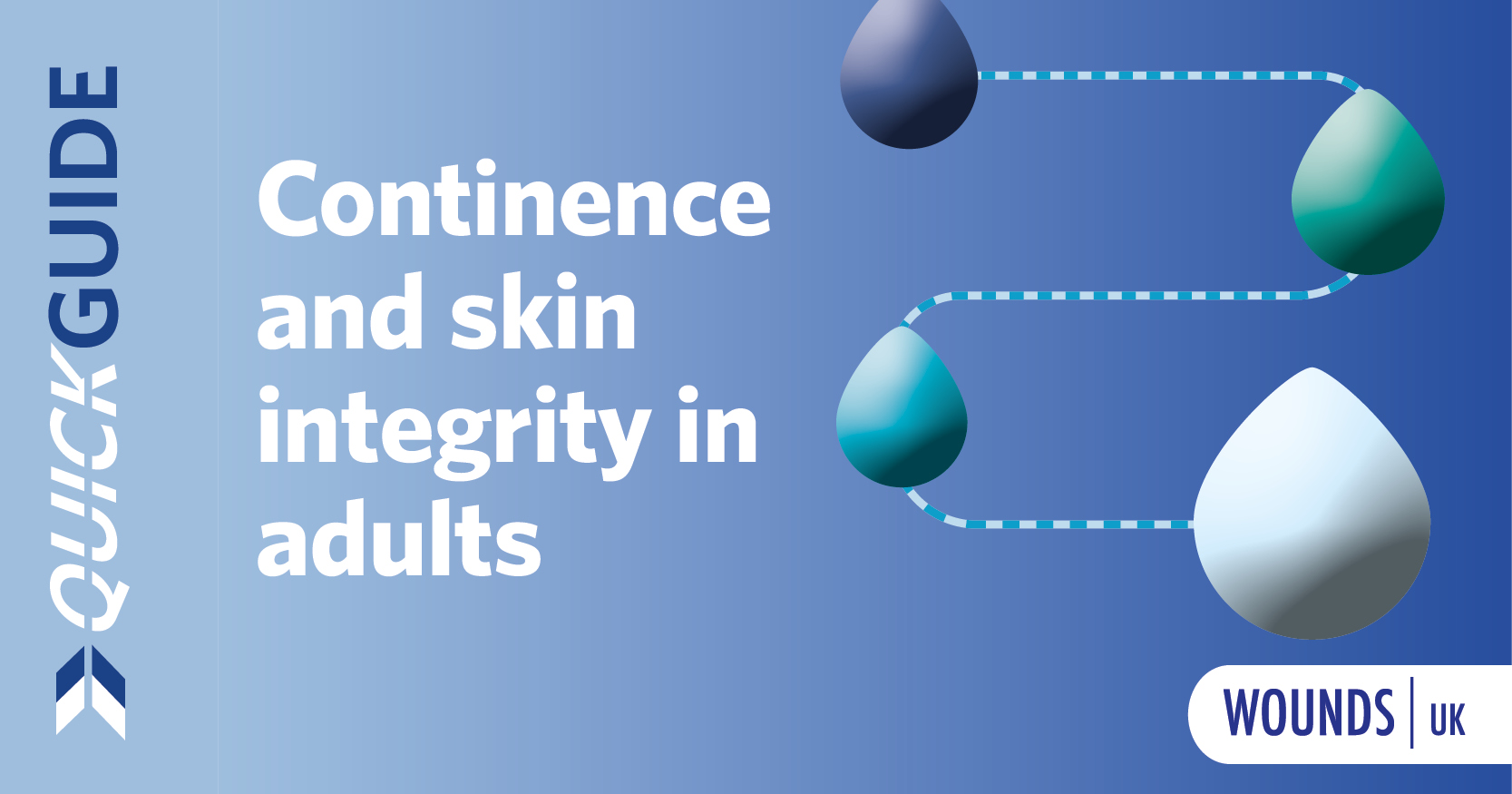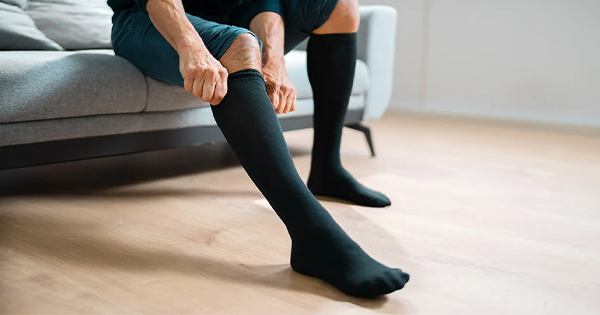Patients who self-harm require time and resources to enable satisfactory levels of care provision due to the complexity of their physical and psychological care needs. Method: A descriptive evaluation was undertaken in a community setting, exploring 20 patients who presented with chronic/acute wounds from self-harm. They consented to independently self-care for their wounds with twice-weekly topical haemoglobin therapy over a 4-week period. A healthcare worker provided standard wound cleansing and dressing regimens, which were continued by the patients. Data was collected weekly in relation to primary outcomes of patient ease of self-care use and overall product experience. Results: All patients found the product easy/satisfactory to use (100%, n=20), promoting the self-care concept, and all stated they had a positive wound care experience. Conclusion: The administration of a haemoglobin spray solution in a small cohort of patients presenting with wounds as a result of self-harm behaviours resulted in positive outcomes of self-care and product satisfaction. Further evaluation and data analysis are proposed in this unique group of patients to examine their ability to carry out self-care and experience a positive wound care journey.





